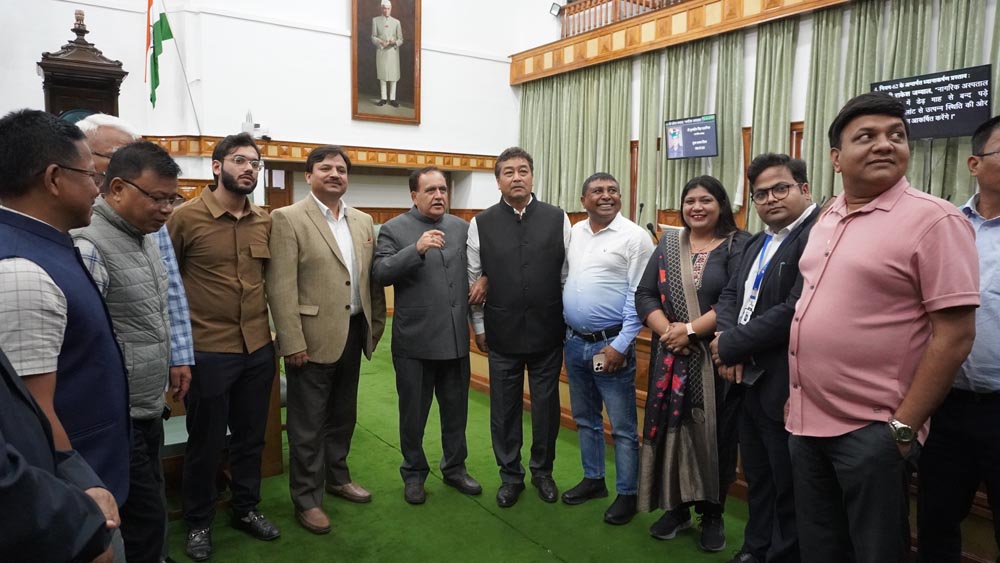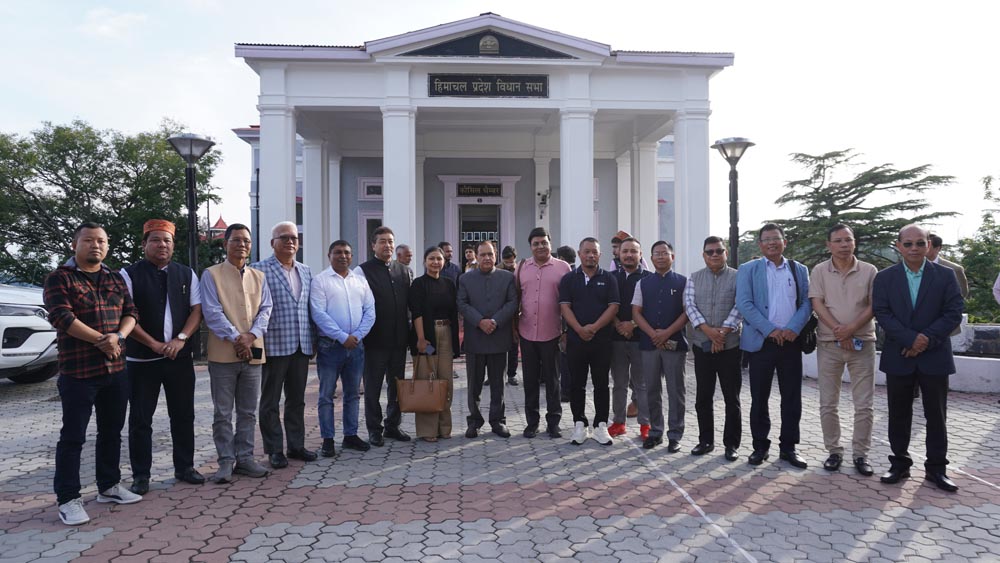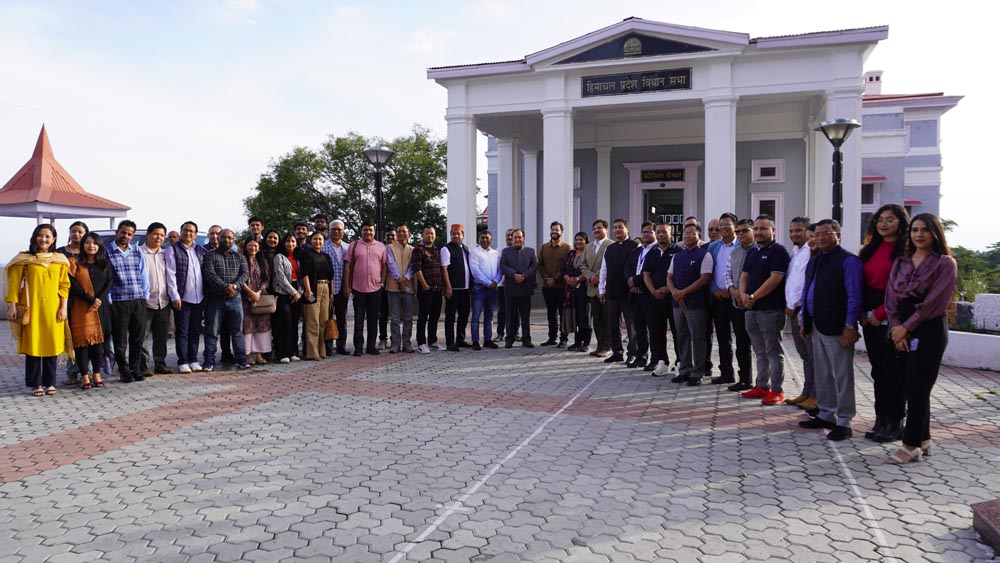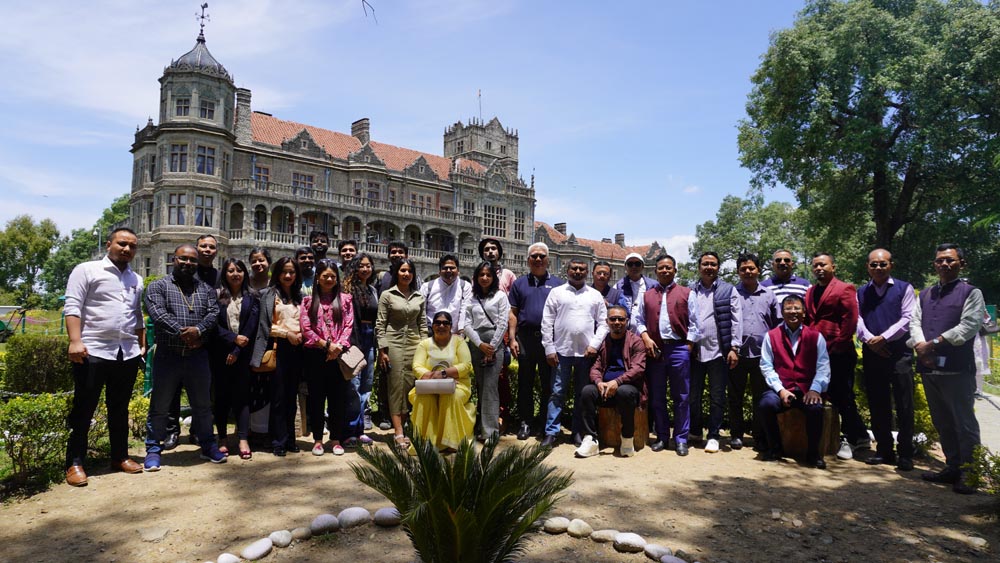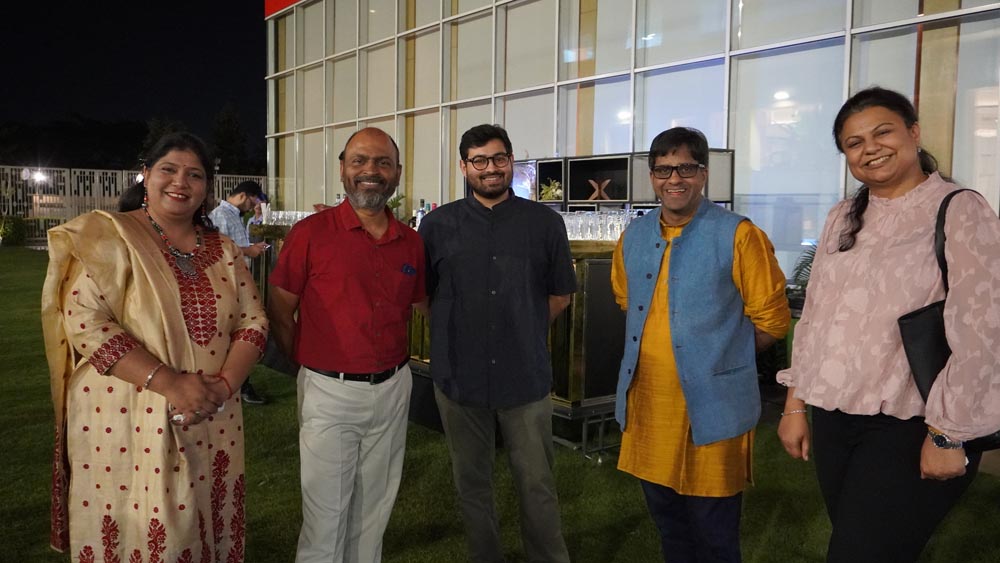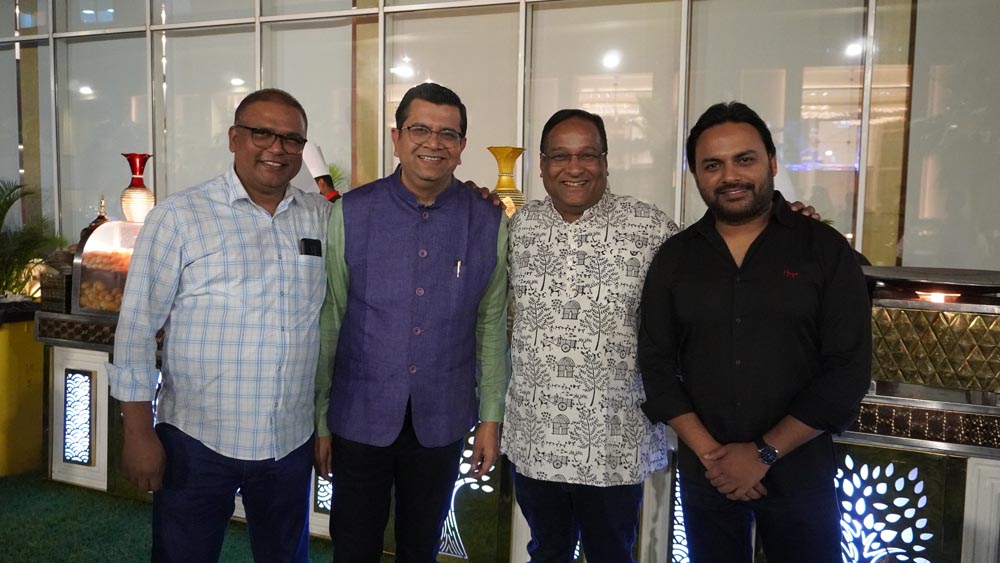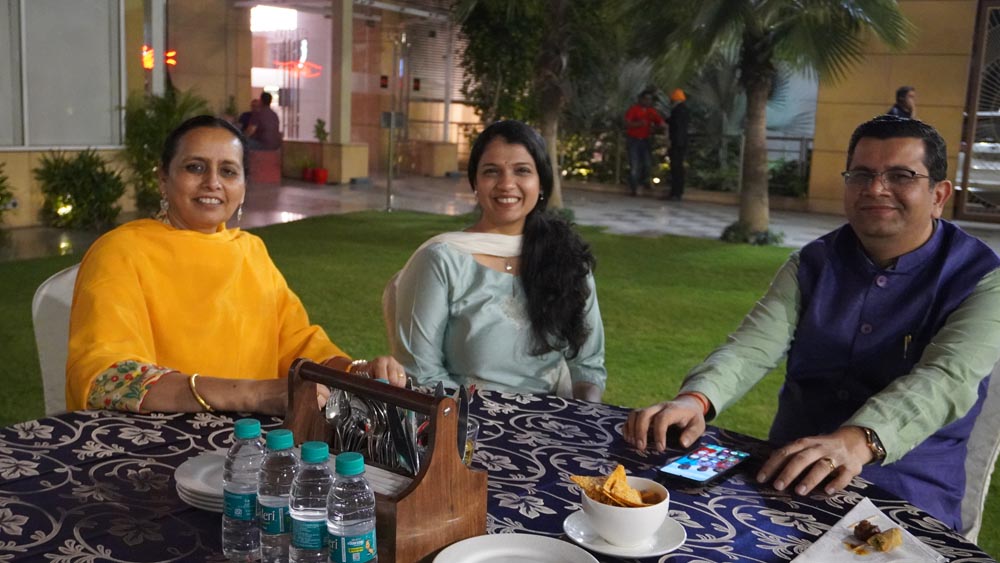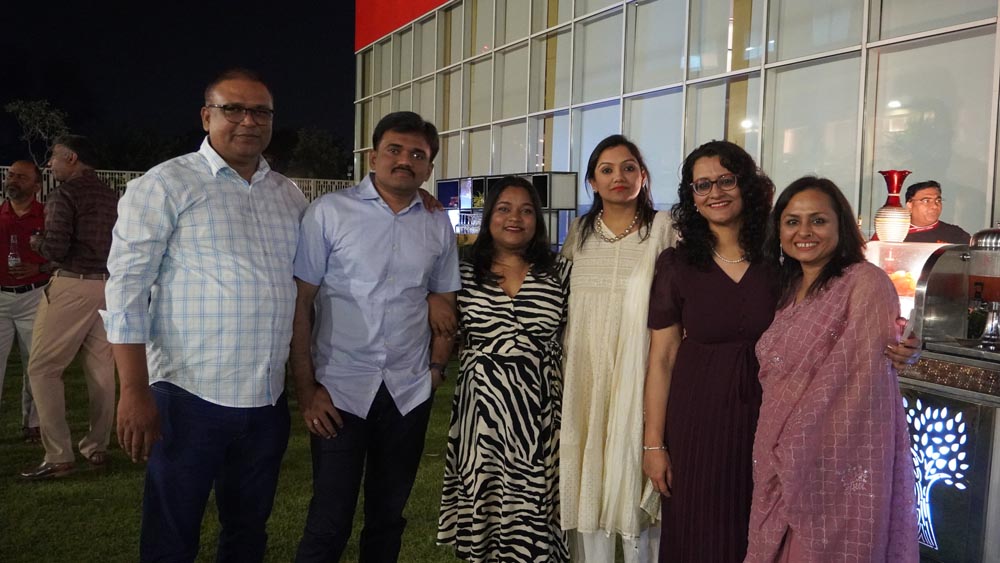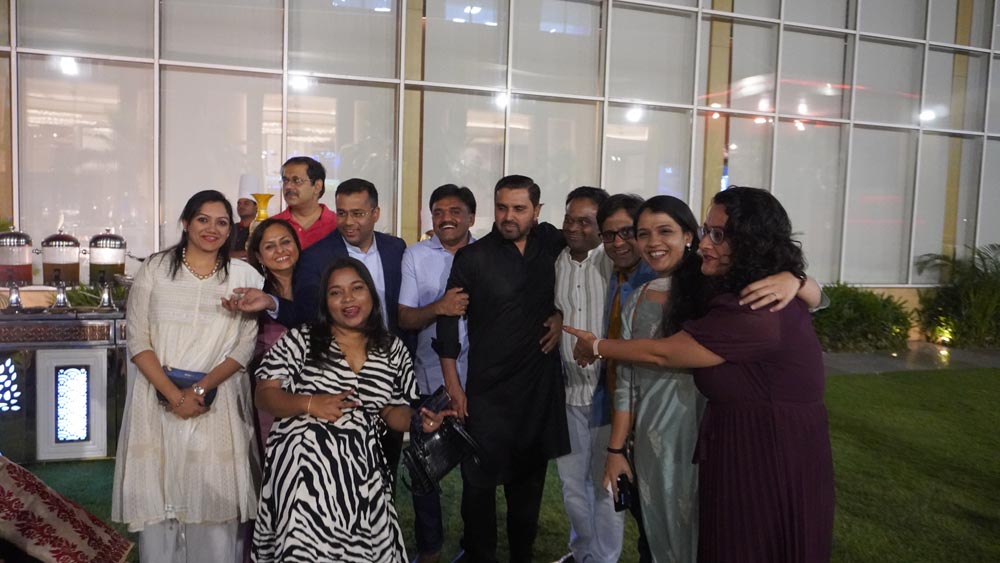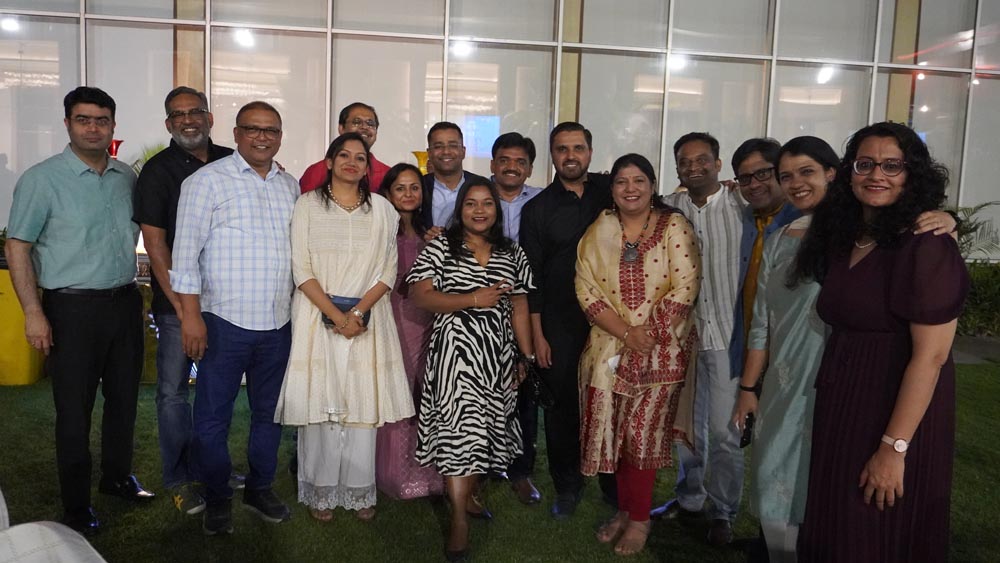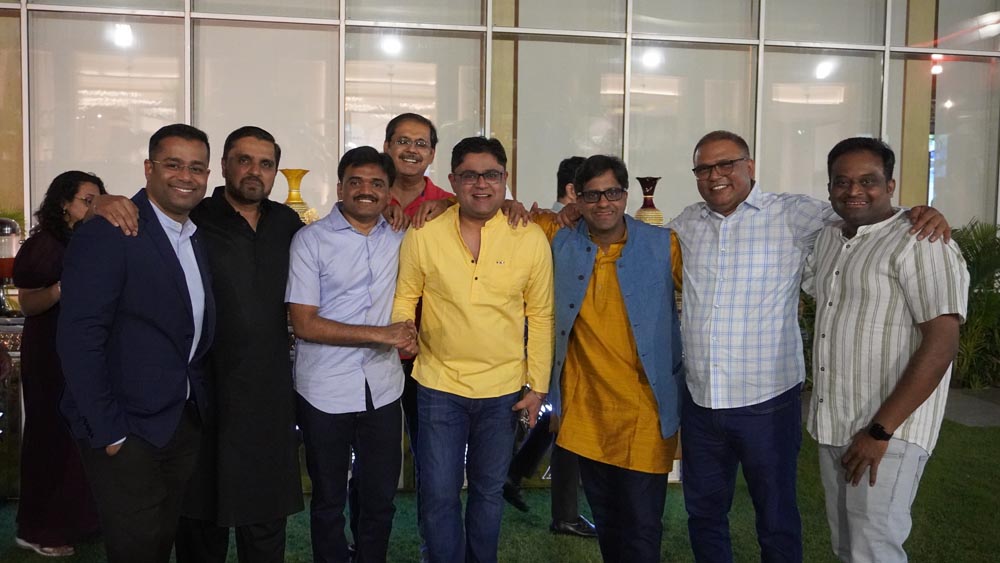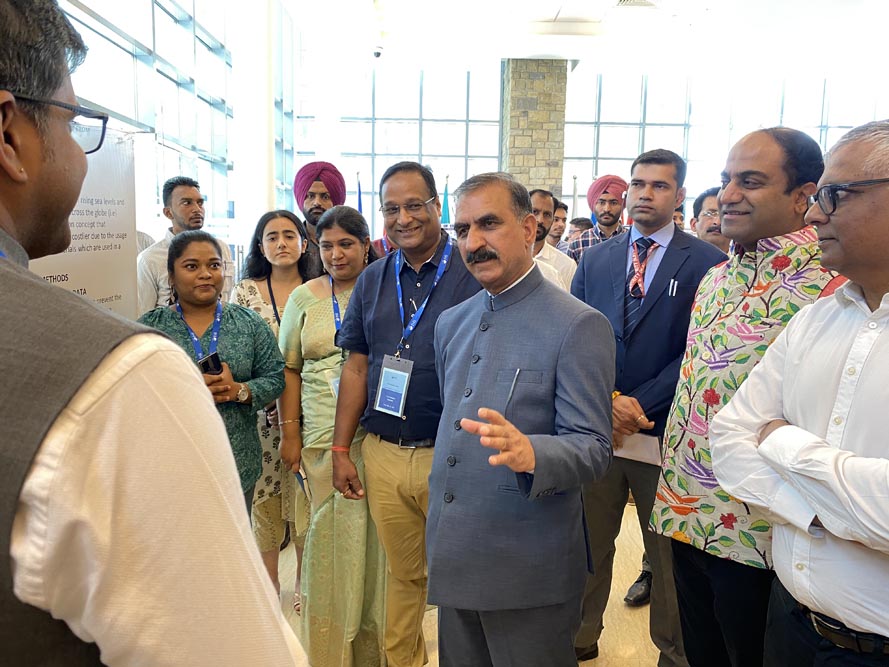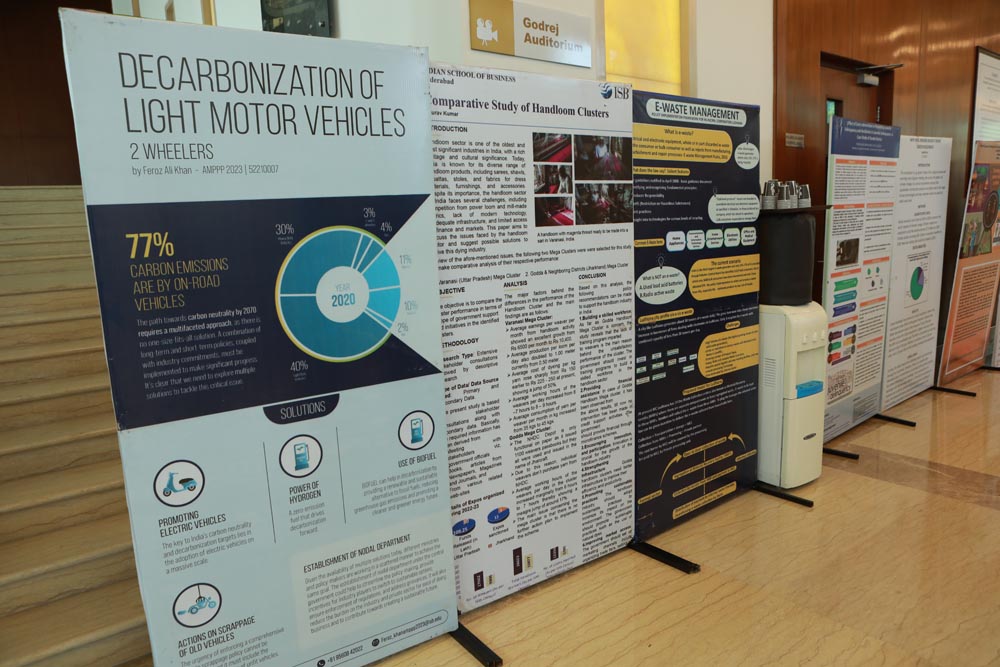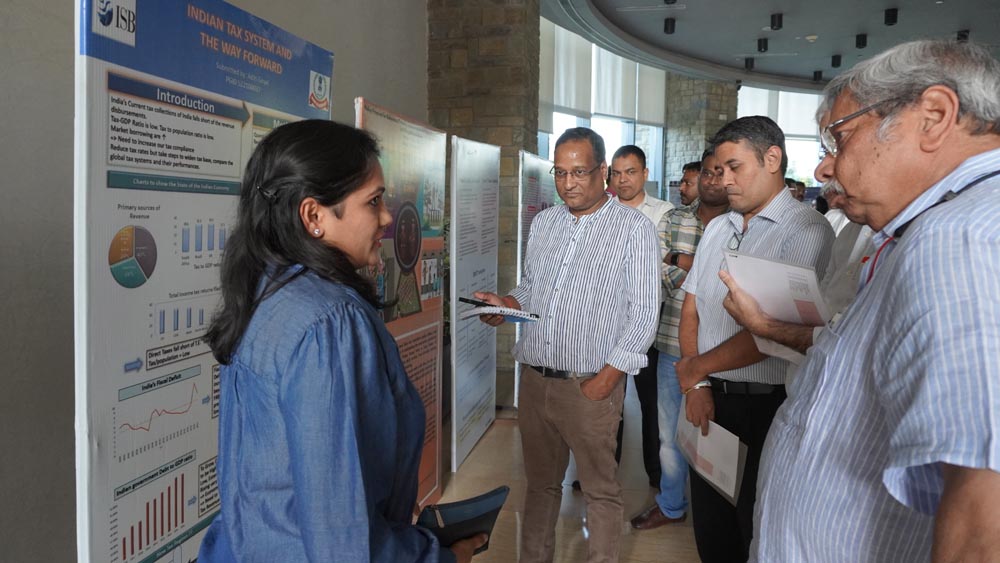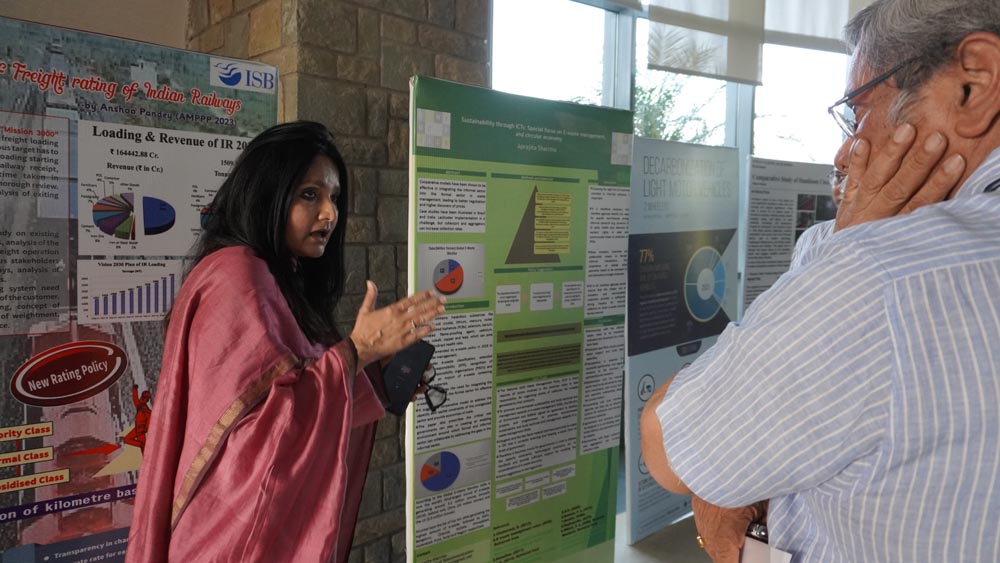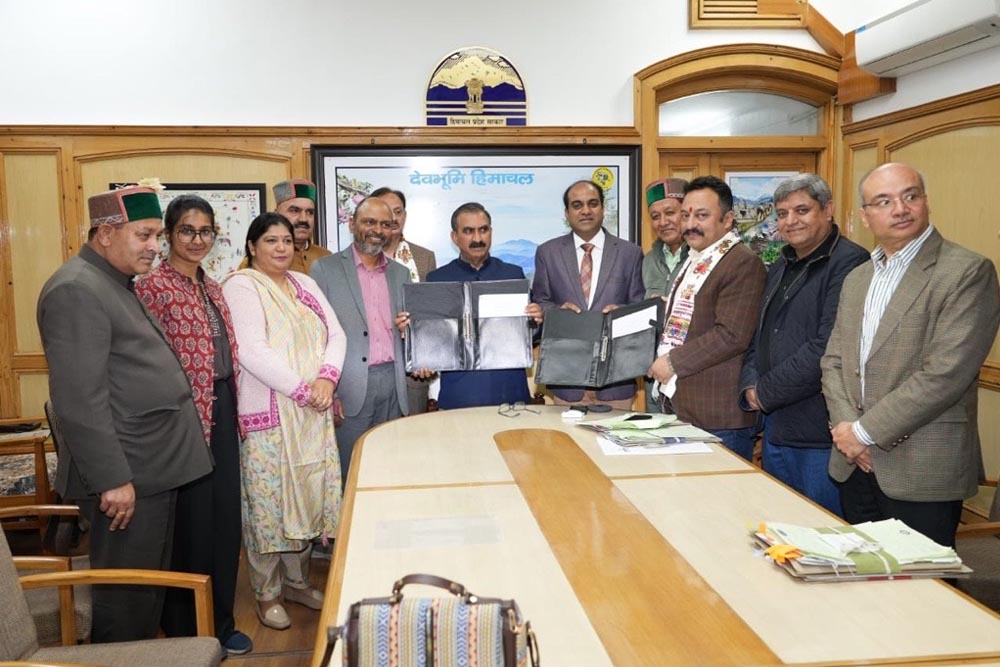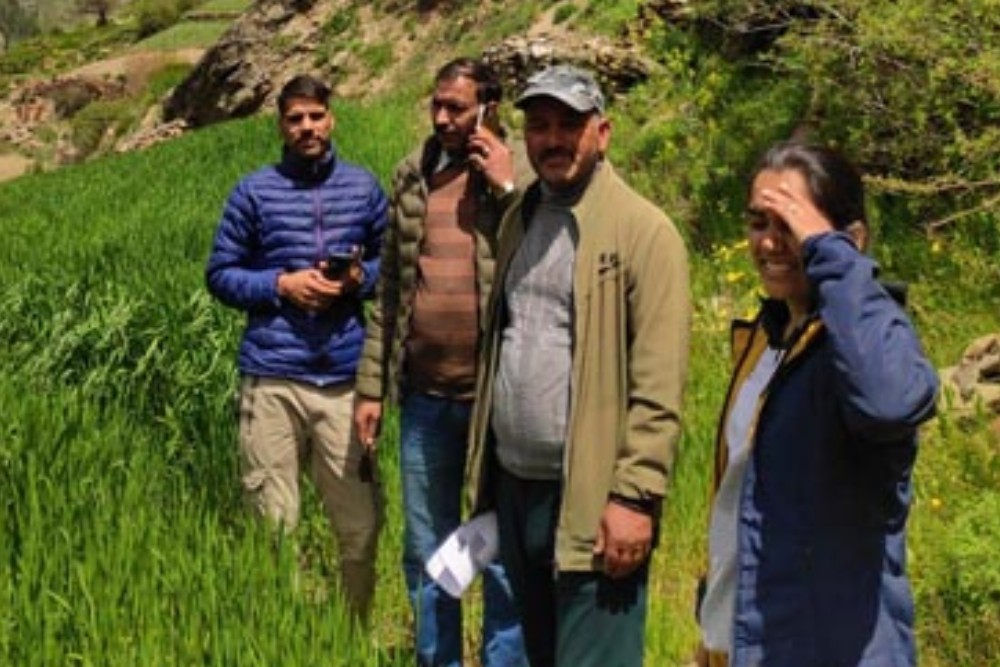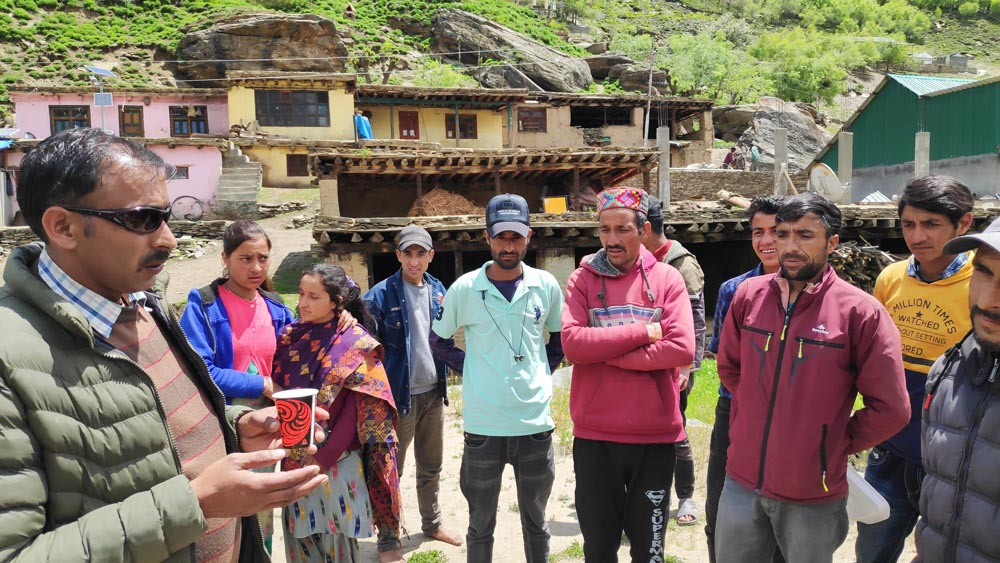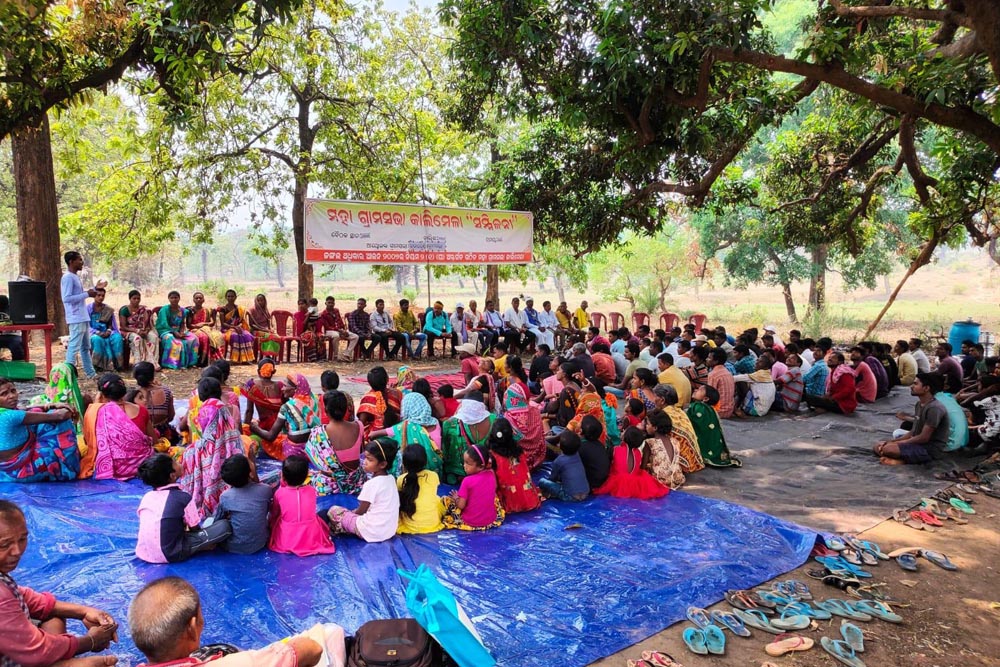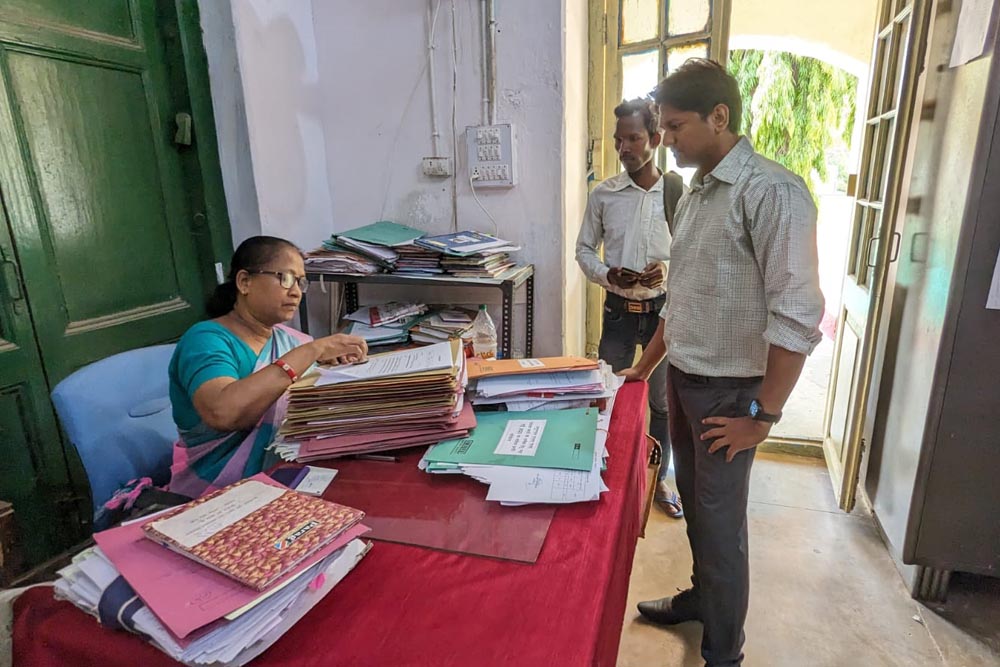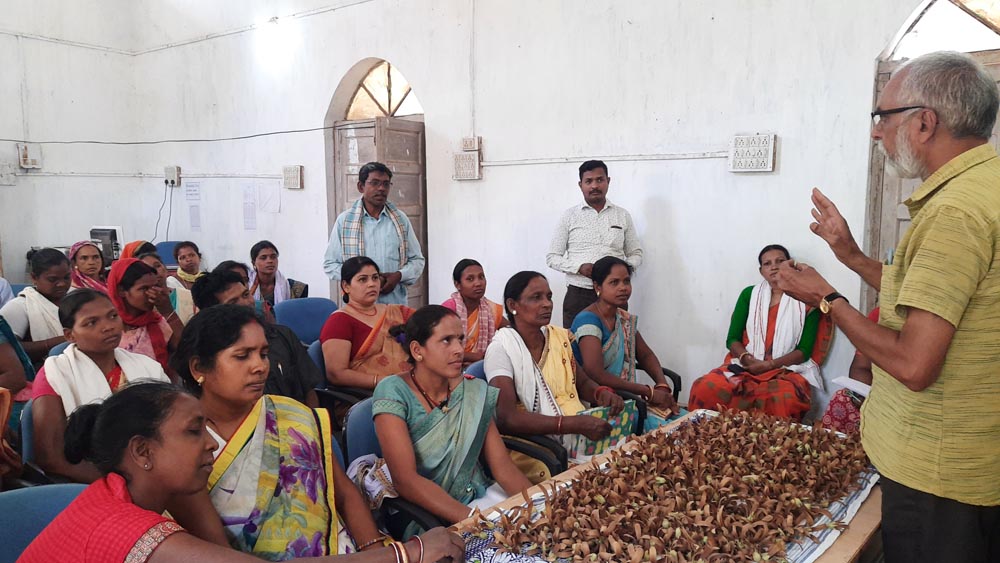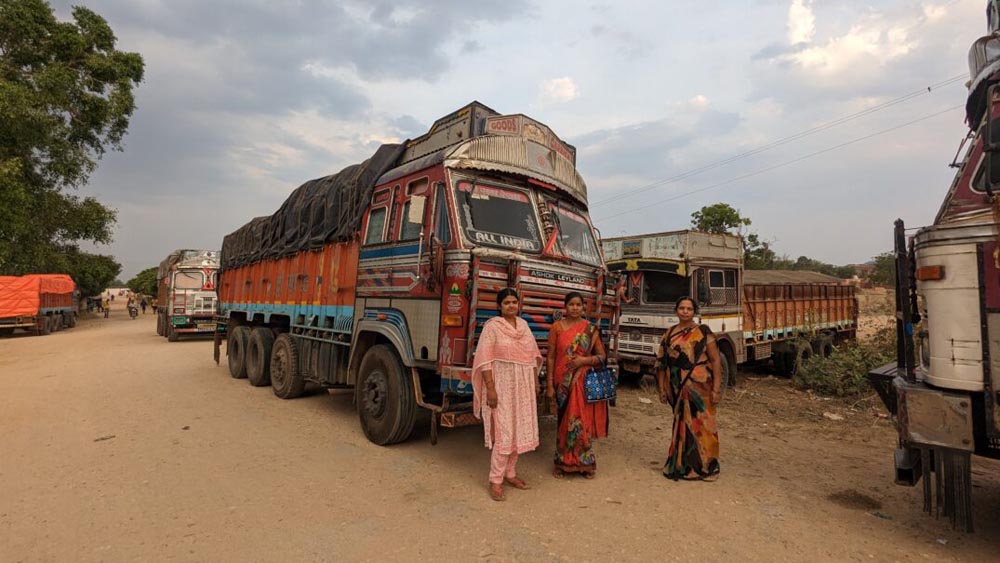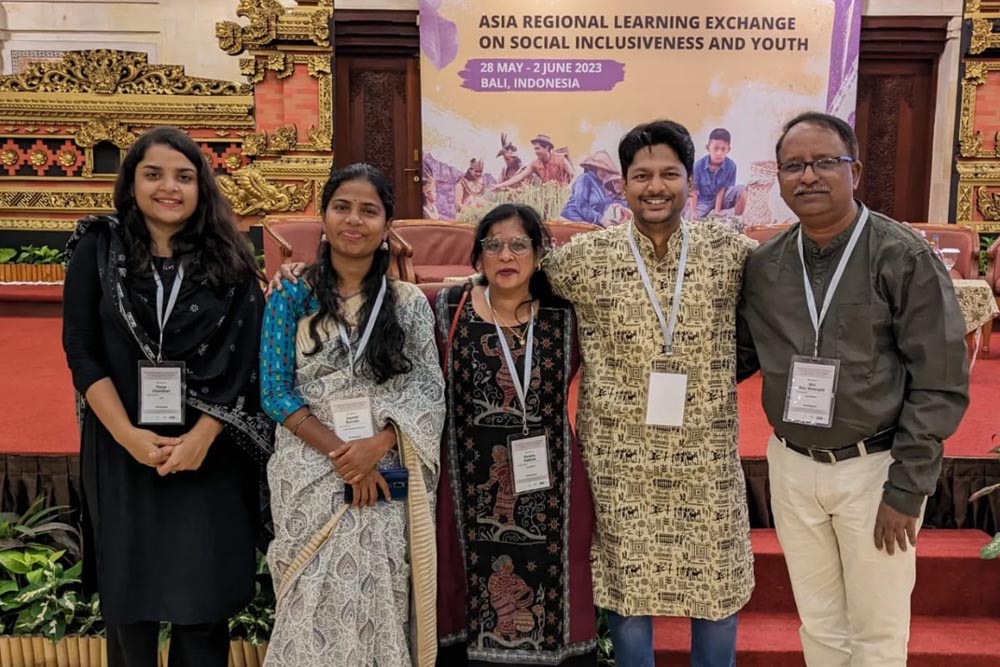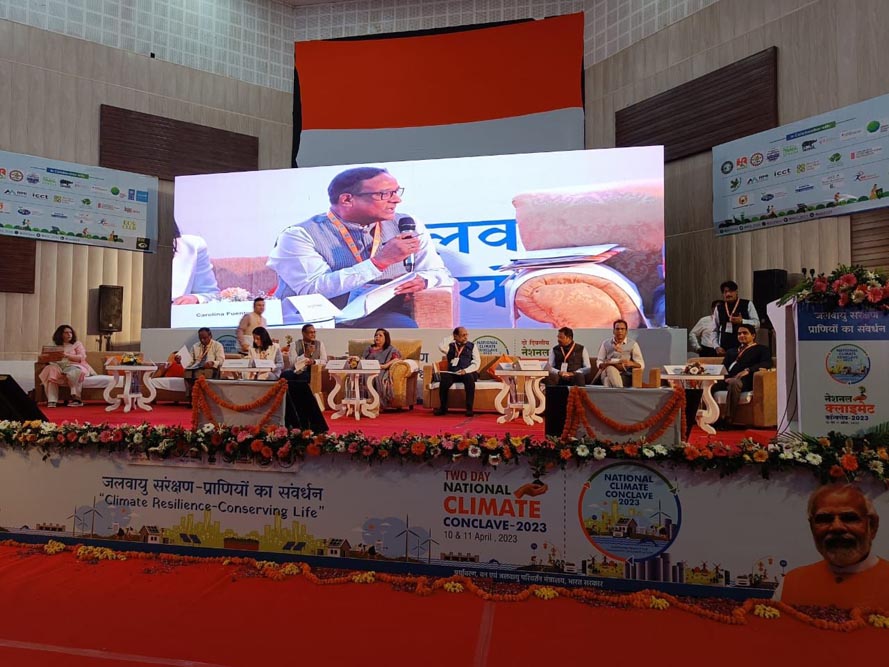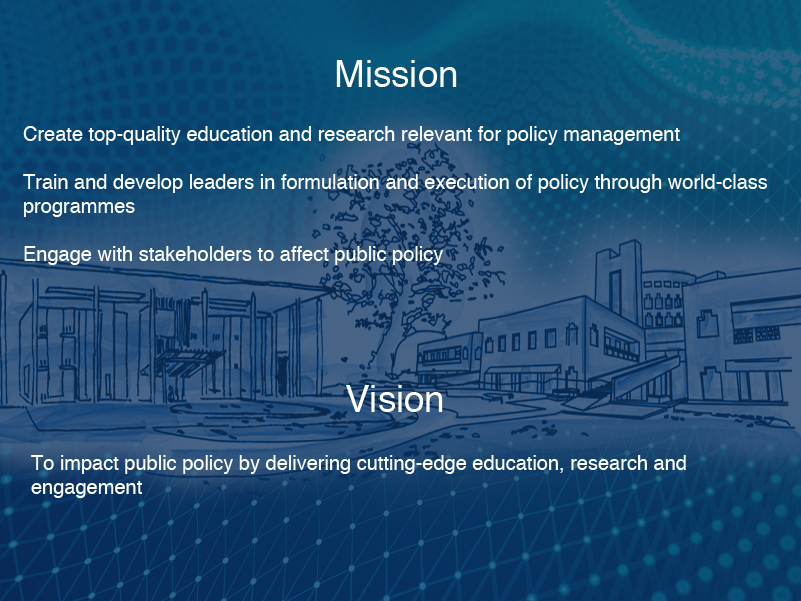Welcome to yet another issue of Communique! The second quarter of the year 2023 was quite eventful for the Bharti Institute of Public Policy, Indian School of Business. We are delighted to share the highlights of this quarter along with the latest developments in our education and training initiatives, research projects, and new collaborations.
The Bharti Institute of Public Policy, Indian School of Business, held its first Governance Summit—a unique platform that brought a multitude of stakeholders including policymakers, senior functionaries of the state governments of Himachal Pradesh, Punjab, central government agencies, thinktanks, NGOs, academicians from various research education institutions, media, etc., under one roof to deliberate upon governance through the lenses of “ Data &Technology”, at the Mohali campus of the Institute.
Dr Aarushi Jain, Policy Director, Bharti Institute of Public Policy, welcomed the delegates and participants to the inaugural plenary session. Dr Vinay Thakur, Managing Director, National Informatics Centre Services Inc, Government of India, delivered the inaugural speech on the theme of Digital India: Data & Governance.
Professor Ashwini Chhatre, Executive Director, Bharti Institute of Public Policy,commenced his address by highlighting the collaboration between the Bharti Institute of Public Policy and the Government of Himachal Pradesh. Dean ISB Madan Pillutla formally welcomed the Chief Minister and focused on the concept of ‘progressive governance’, in his welcome speech. Two roundtable discussions were also organised: Open Data-based Governance Platform and Digital Financial Inclusion. While panellists in the first roundtable deliberated upon how open data can amplify good governance and highlighted the need for platforms and portals to disseminate data to a cross-section of users and use cases. In the second roundtable discussion, the panellists from various social and financial organisations working in the areas of financial inclusion highlighted issues such as the challenges women from low-income groups face in accessing financial services and the need for tailored solutions; the role of digital technologies in expanding financial inclusion and improving access to credit for micro-entrepreneurs besides others. The closing plenary session on ‘Future Tech & Data in Governance’ was moderated by Professor Ashwini Chhatre and had Dr Rohini Srivastava, National Technology Officer, Microsoft India, and Dr R.S Sharma, former CEO, NHA and UIDAI, as panellists.
Professor Ashwini Chhatre extended a vote of thanks to all the guests and dignitaries, for making the Governance Summit a success by bringing all the stakeholders together under one roof and exchanging meaningful ideas for effective governance by leveraging data and technology.
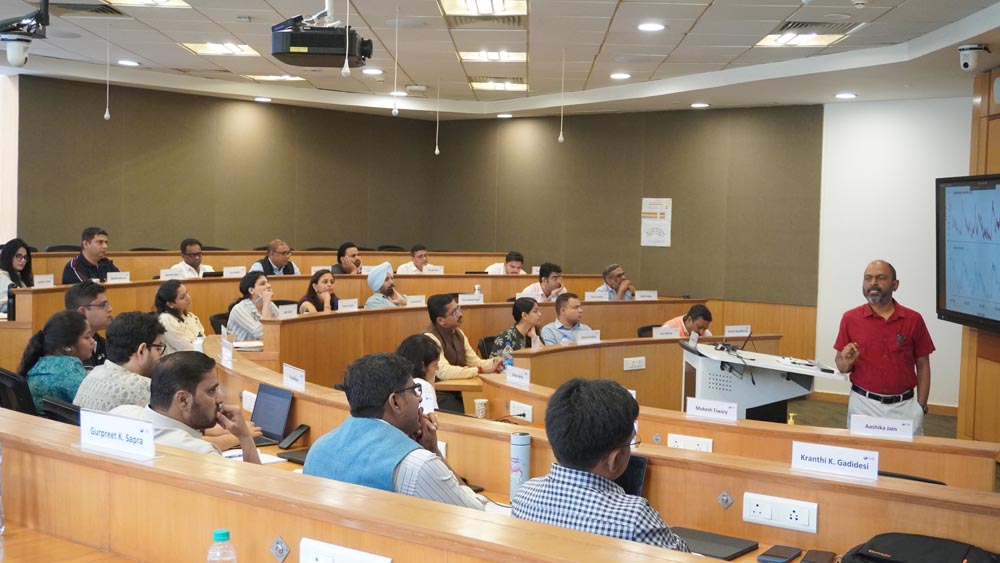
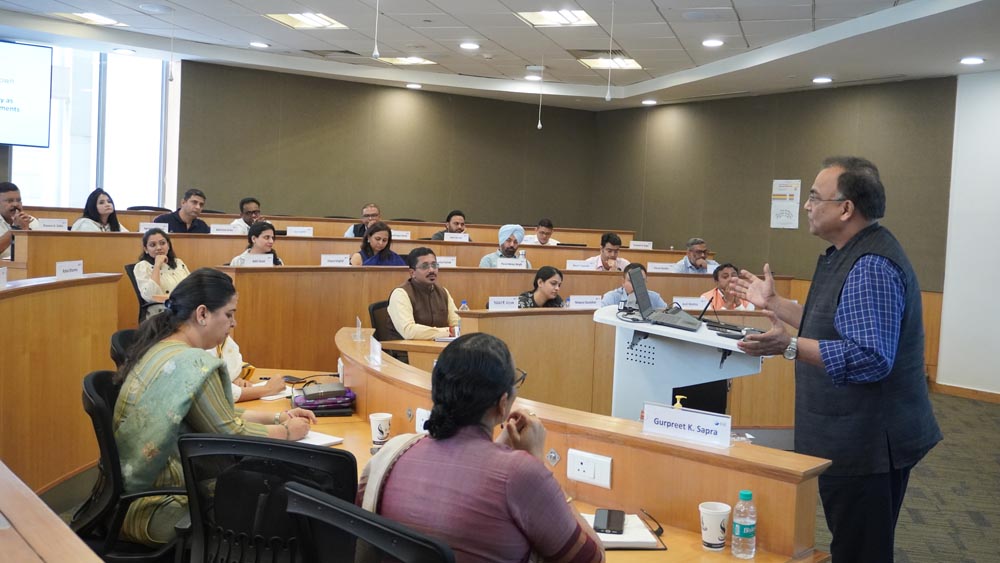
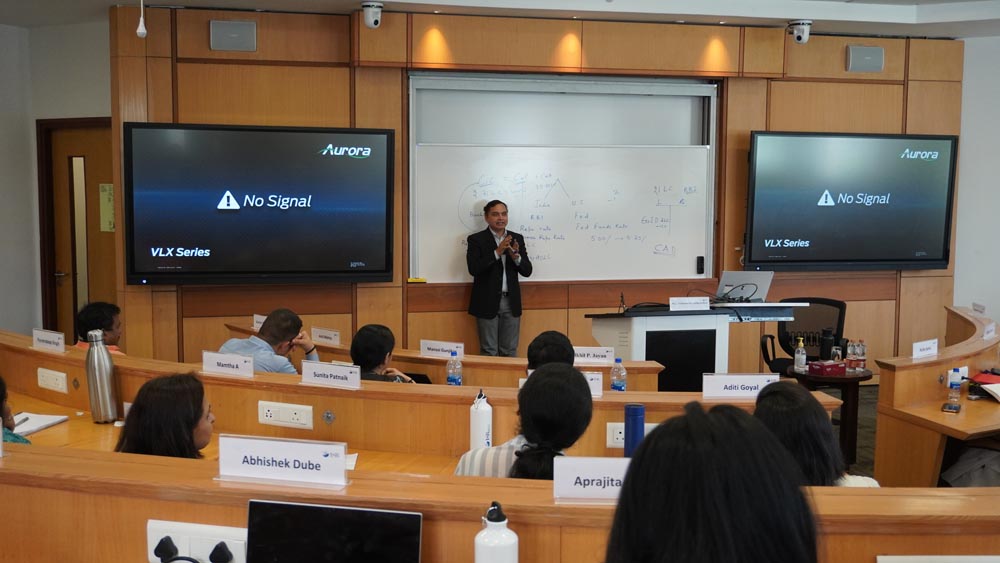
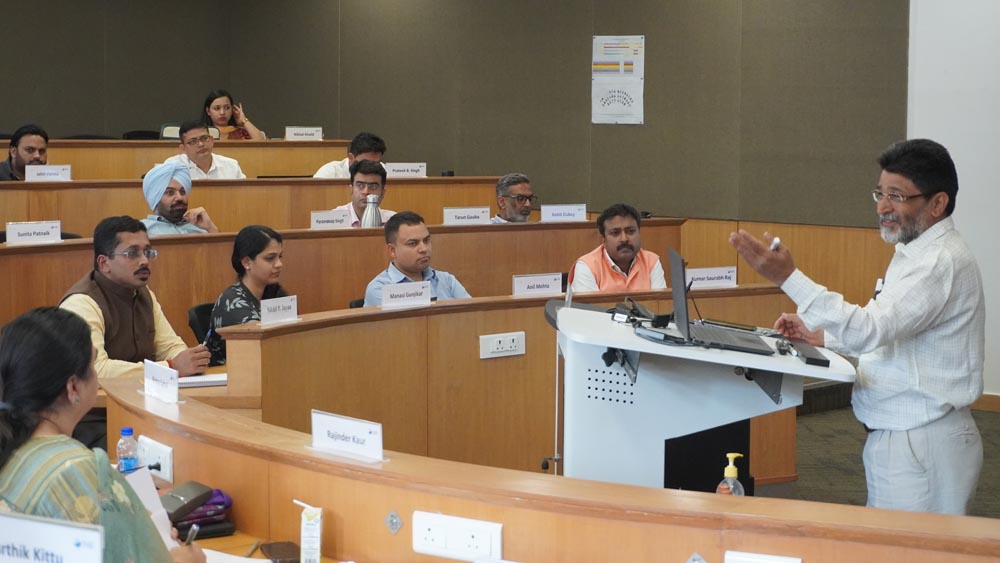

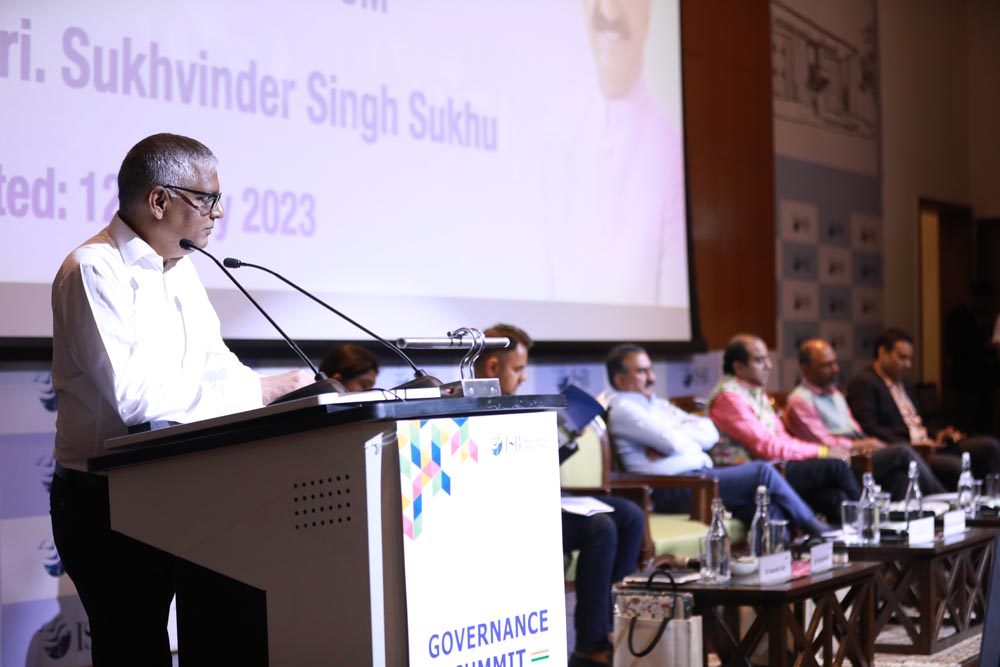


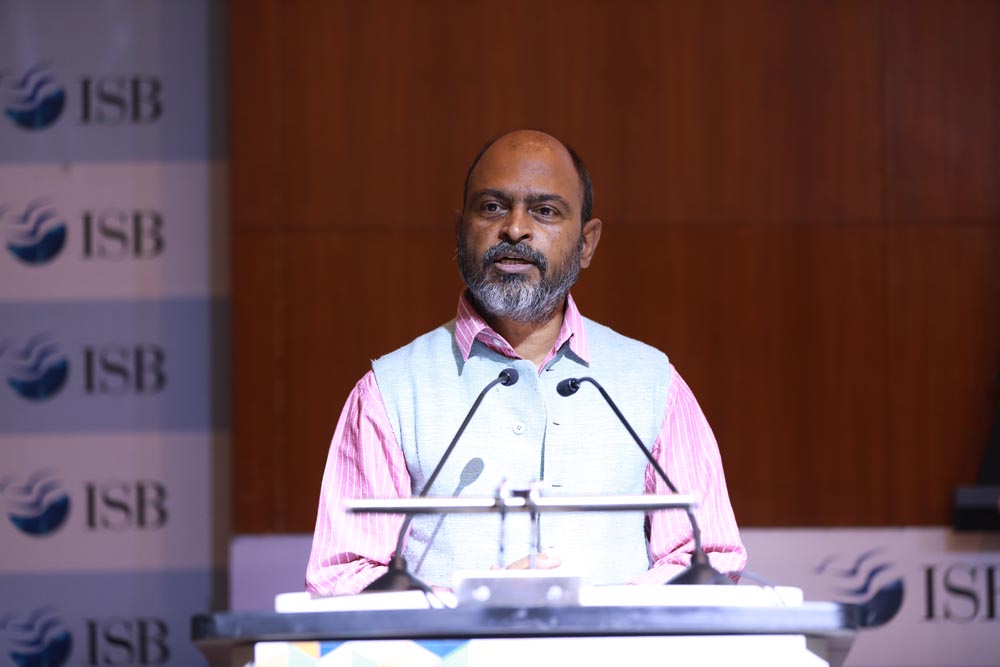

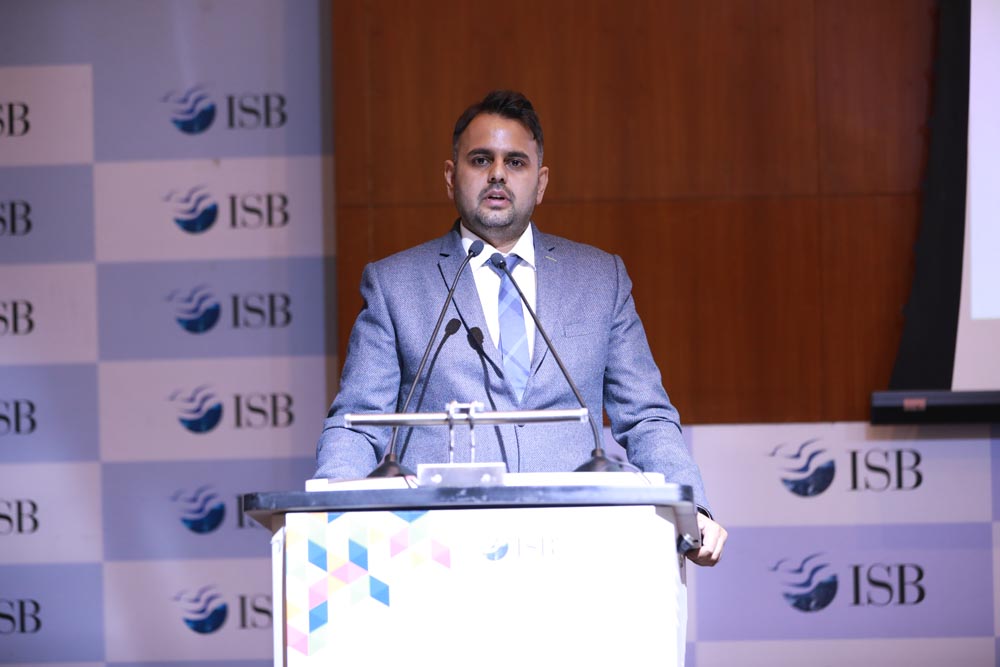
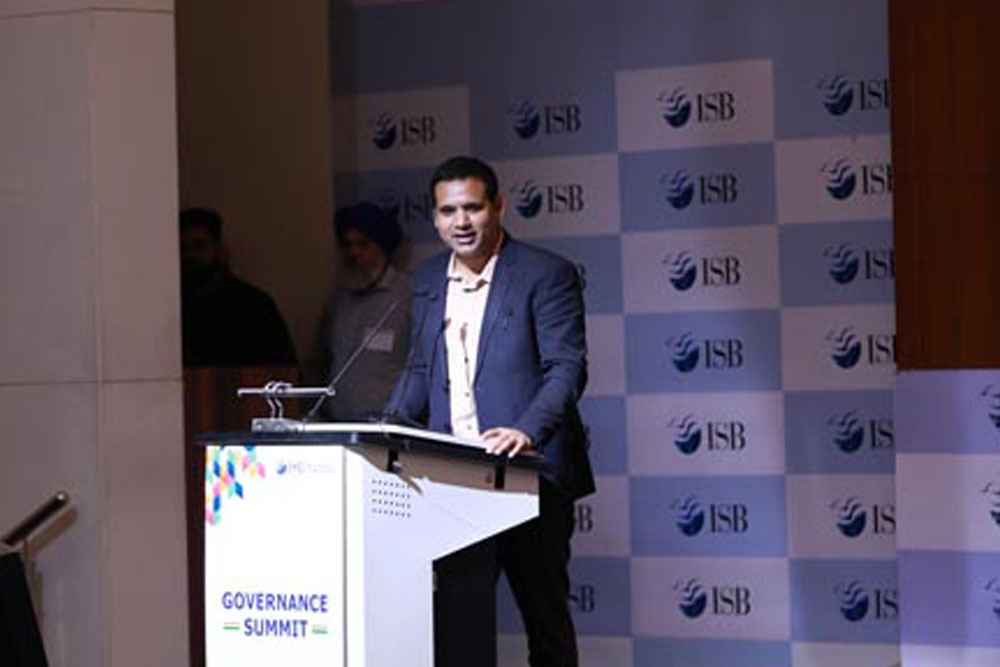














.jpg)
.jpg)
.jpg)
.jpg)
.jpg)
.jpg)
.jpg)
.jpg)
.jpg)
.jpg)
.jpg)
.jpg)
.jpg)
